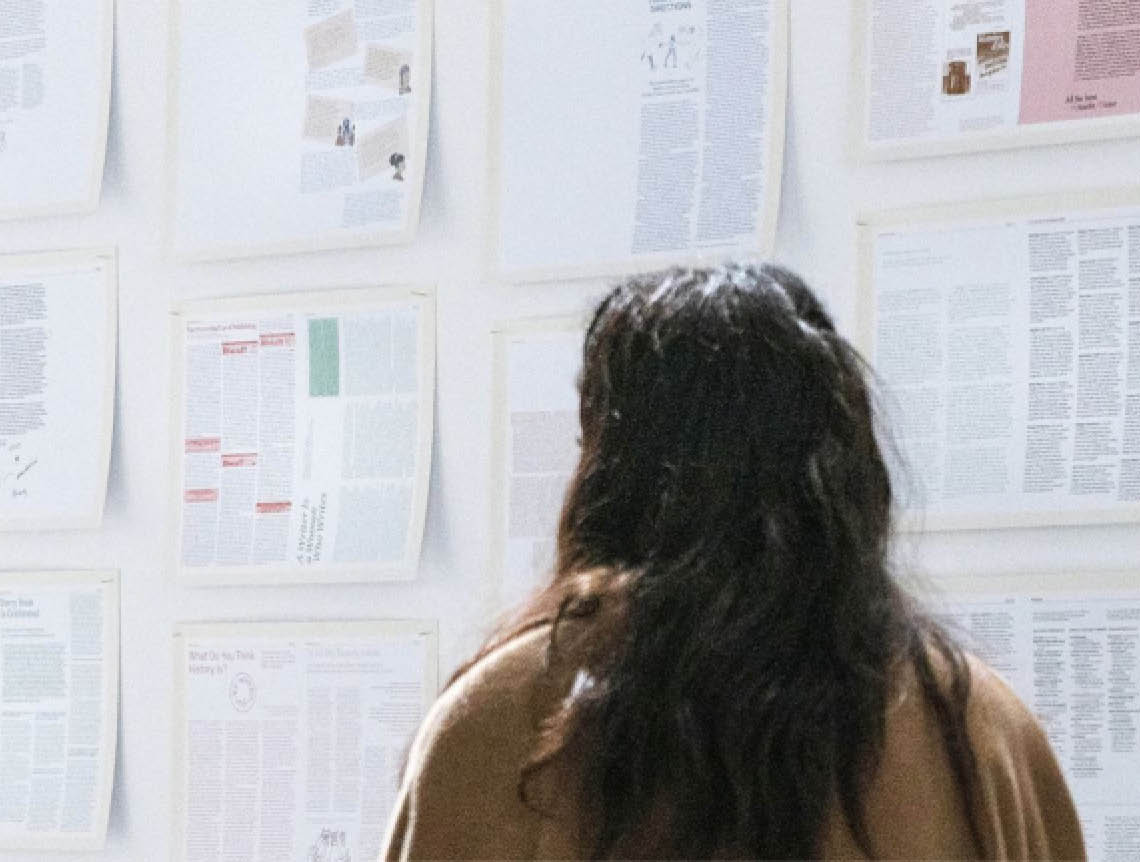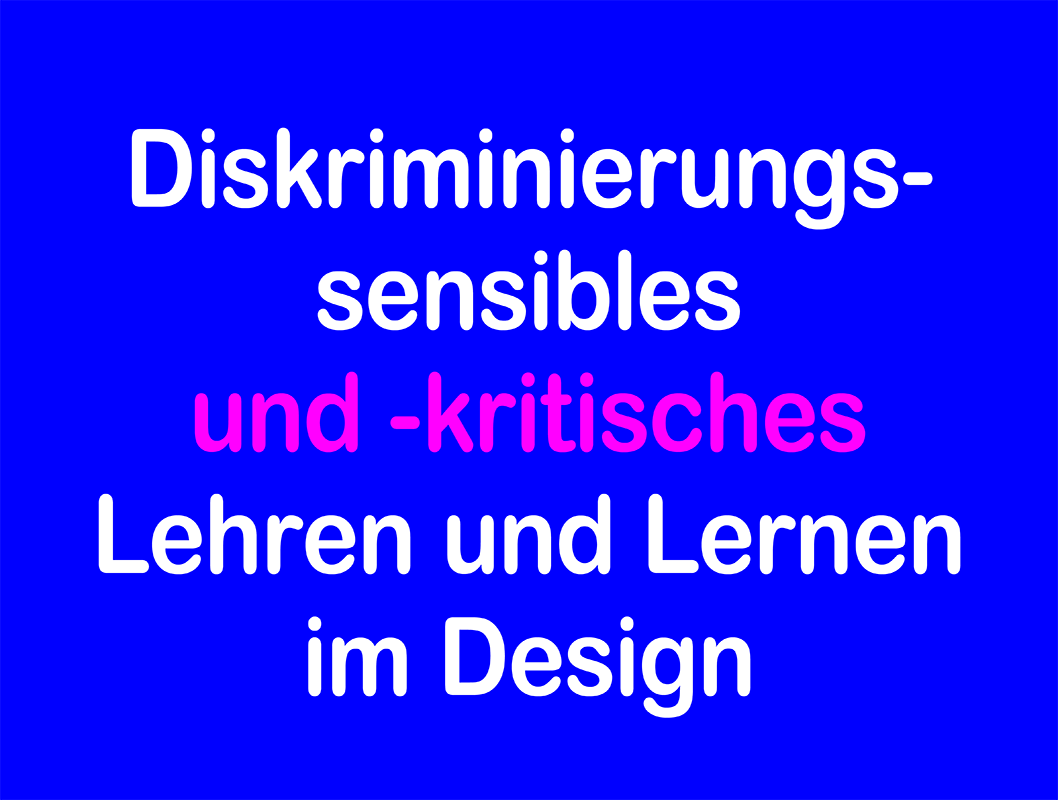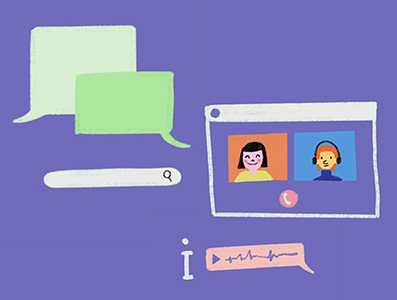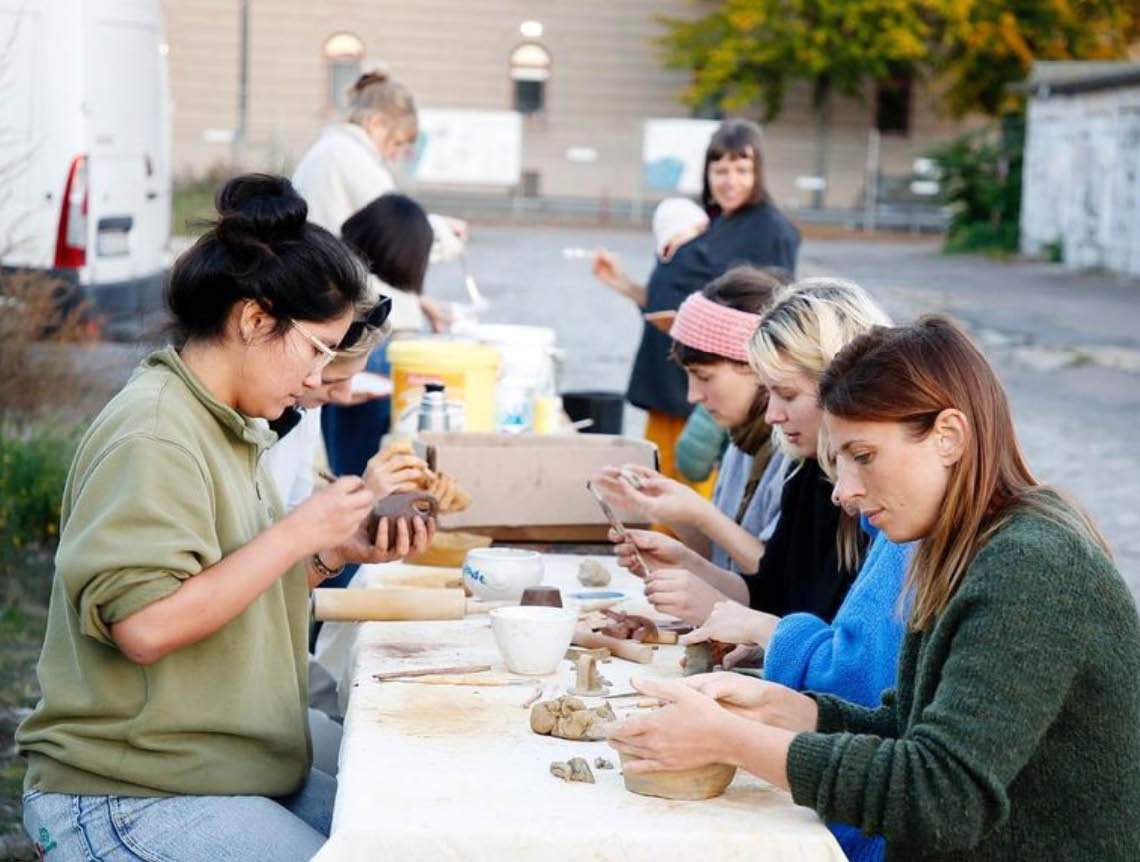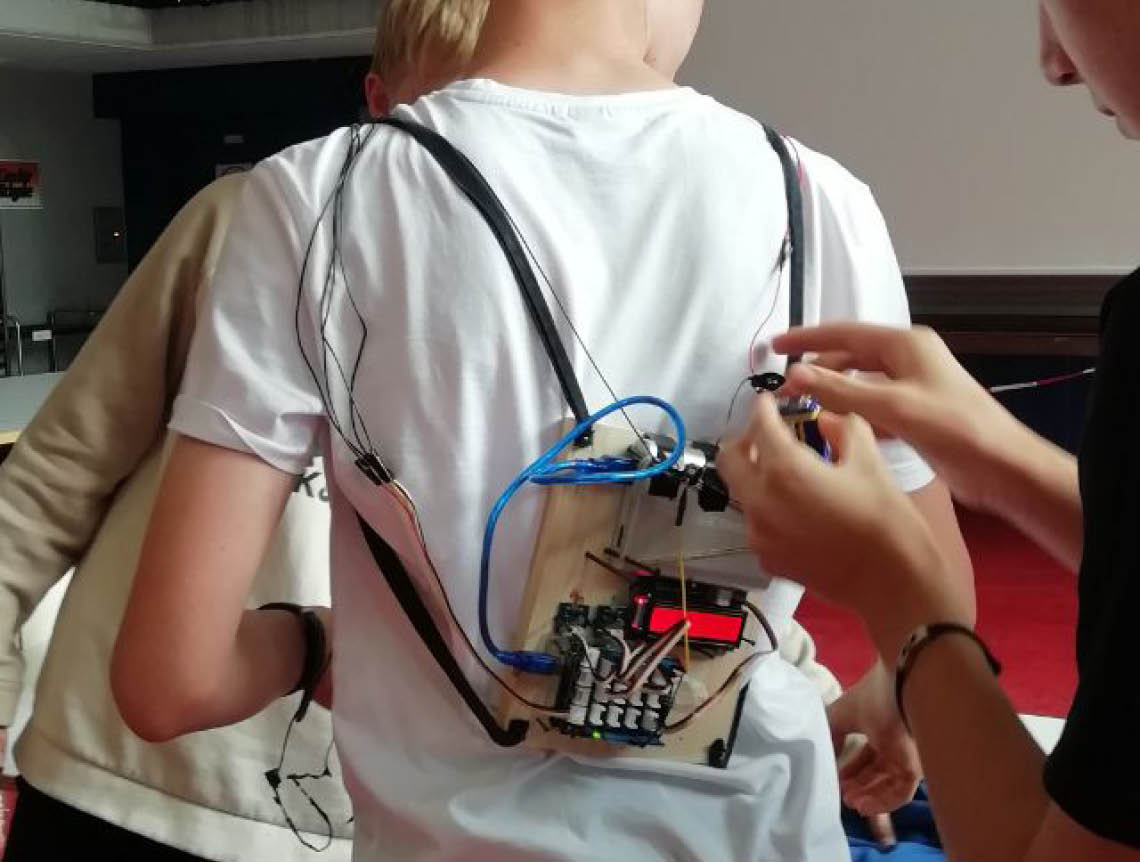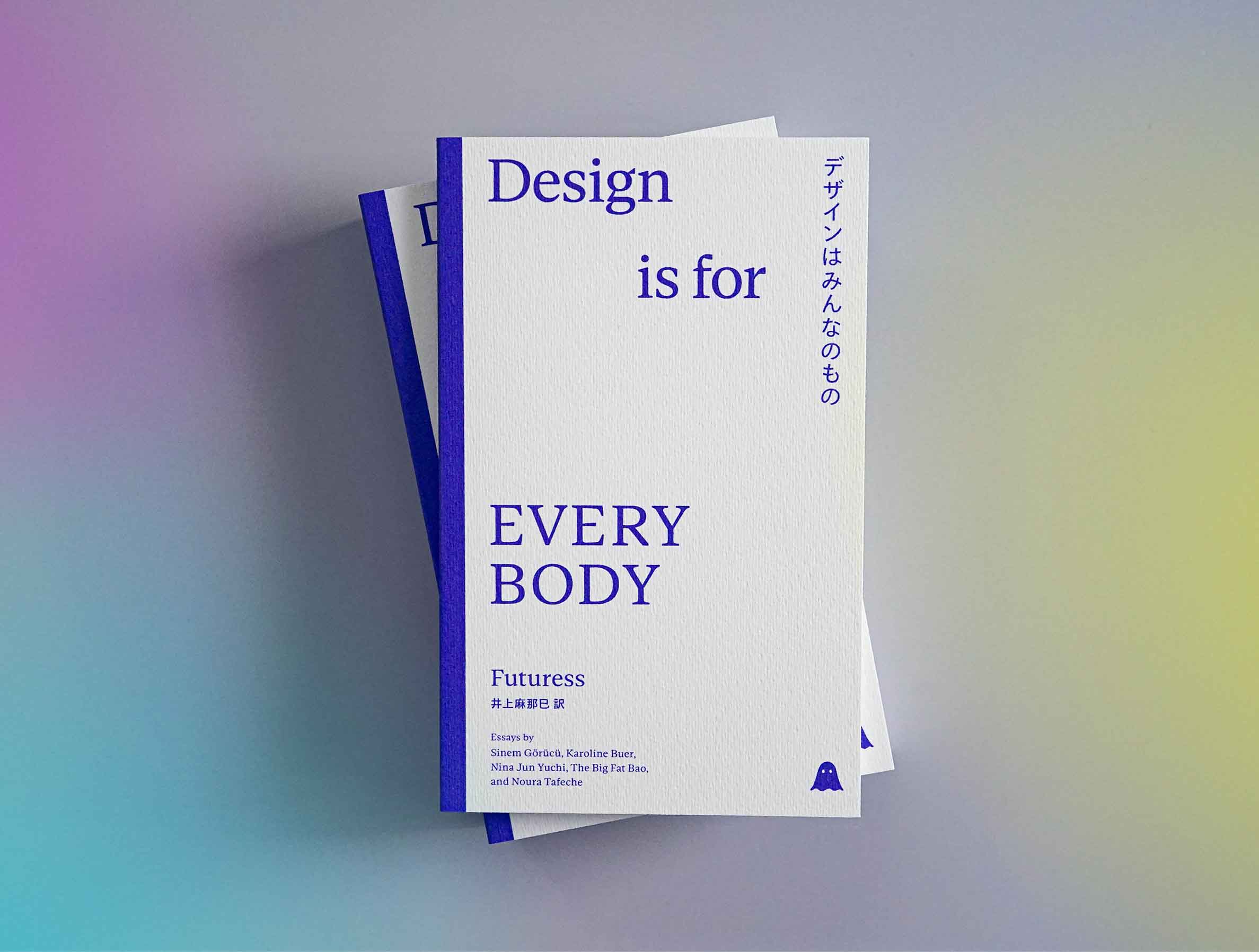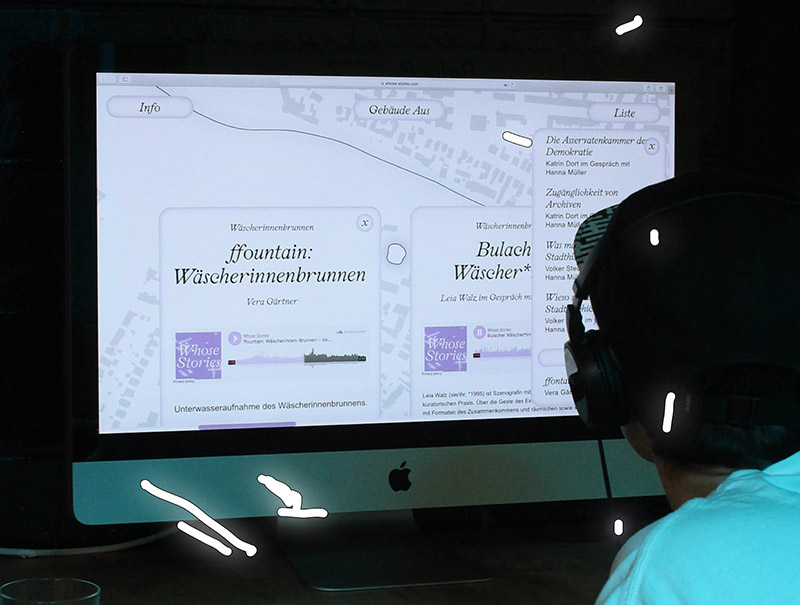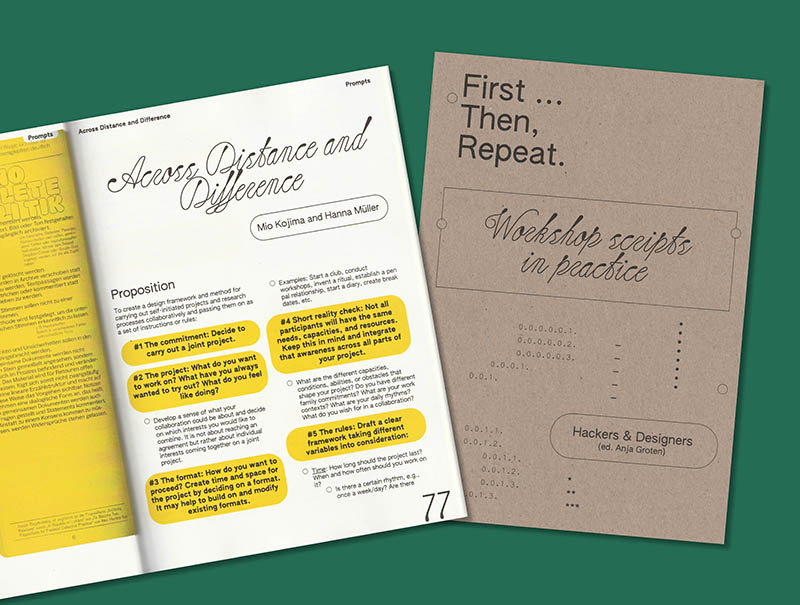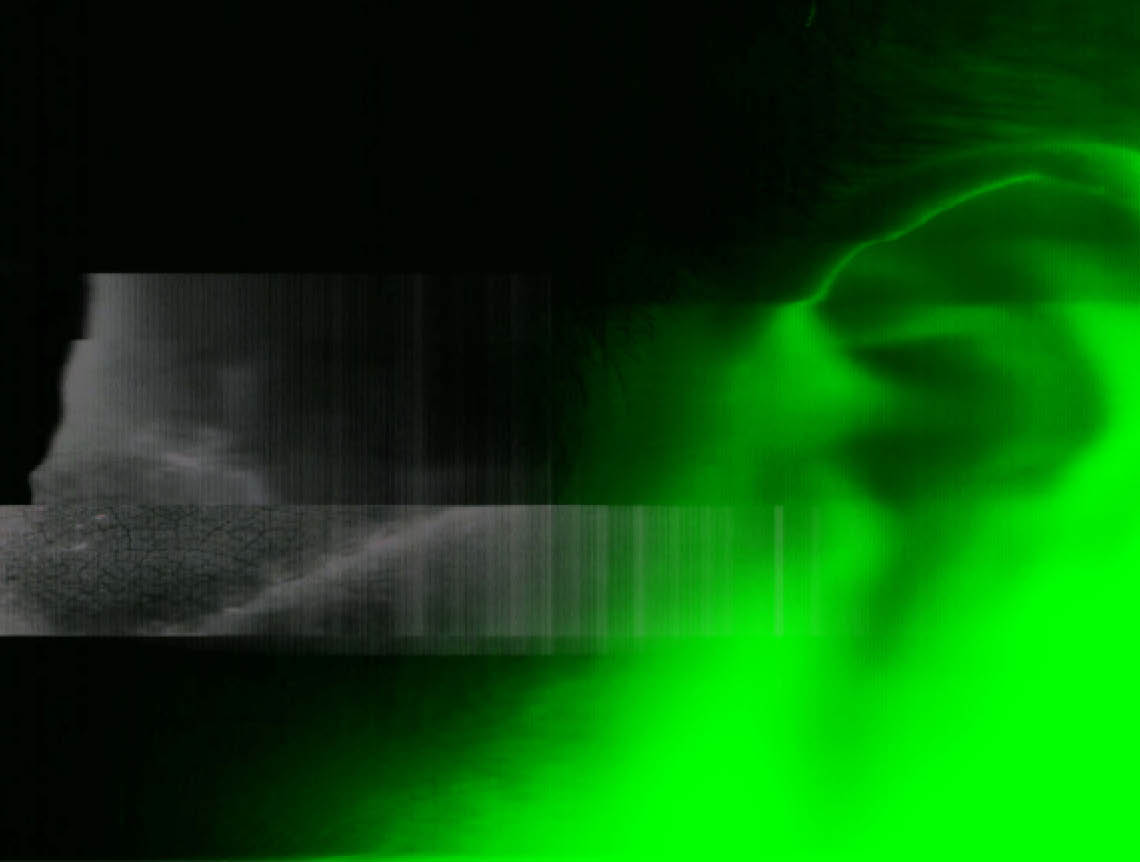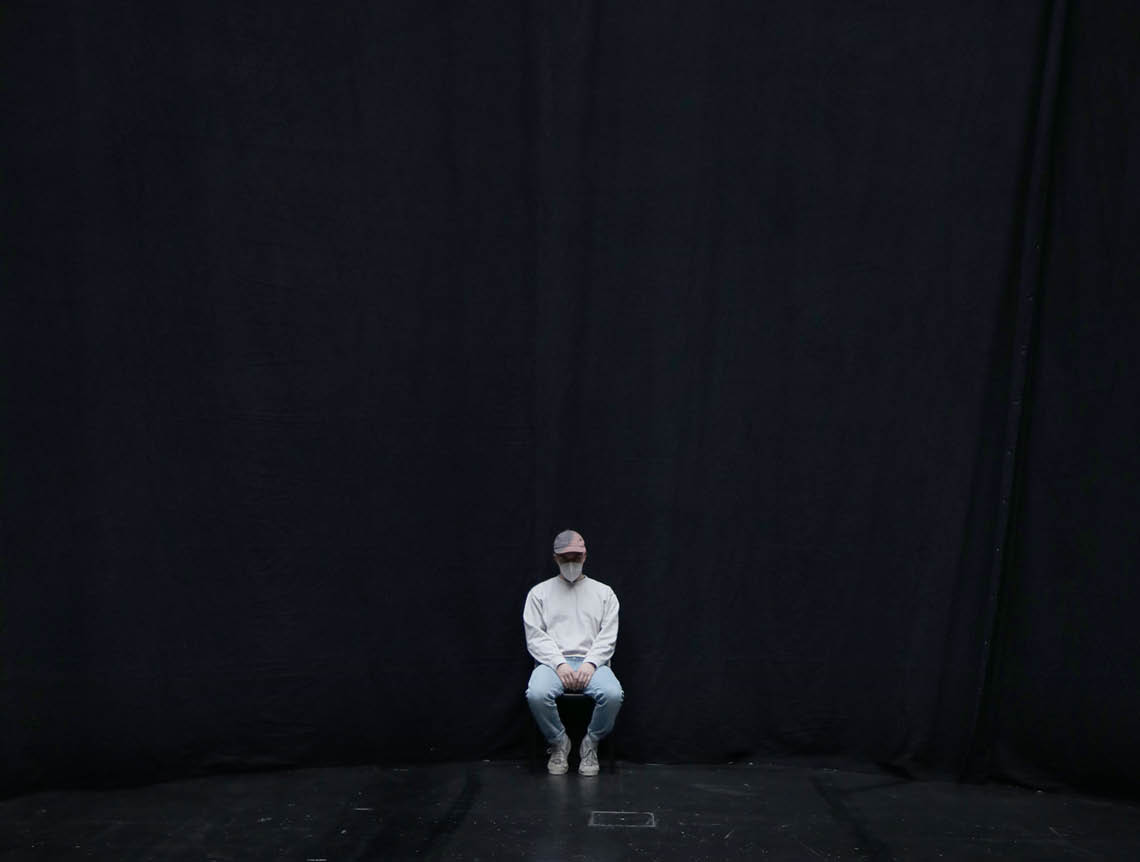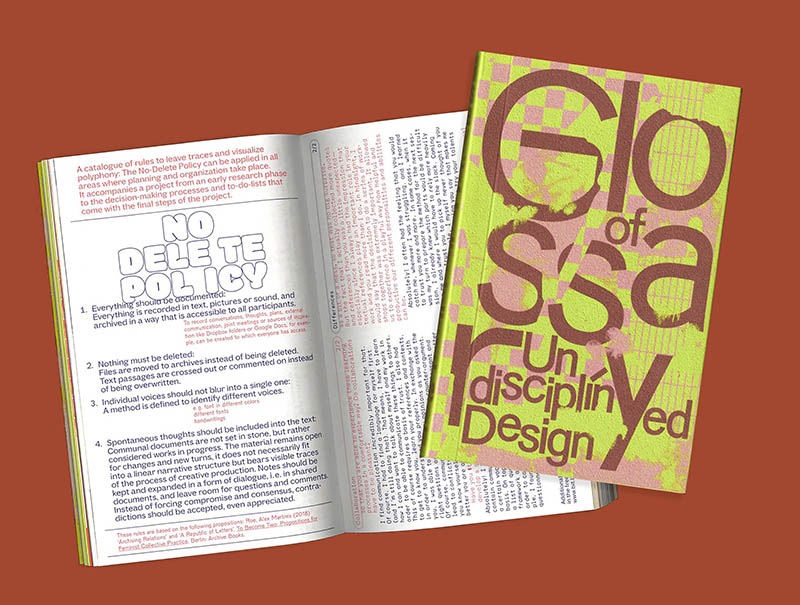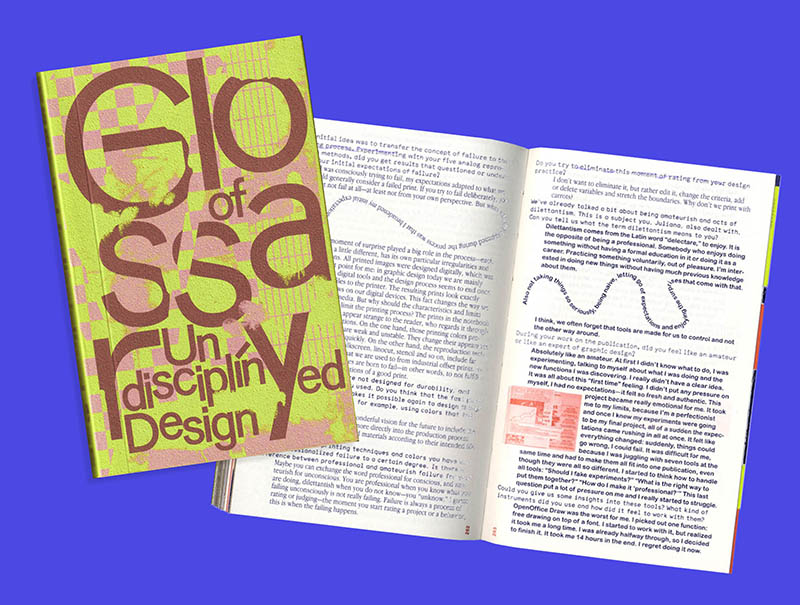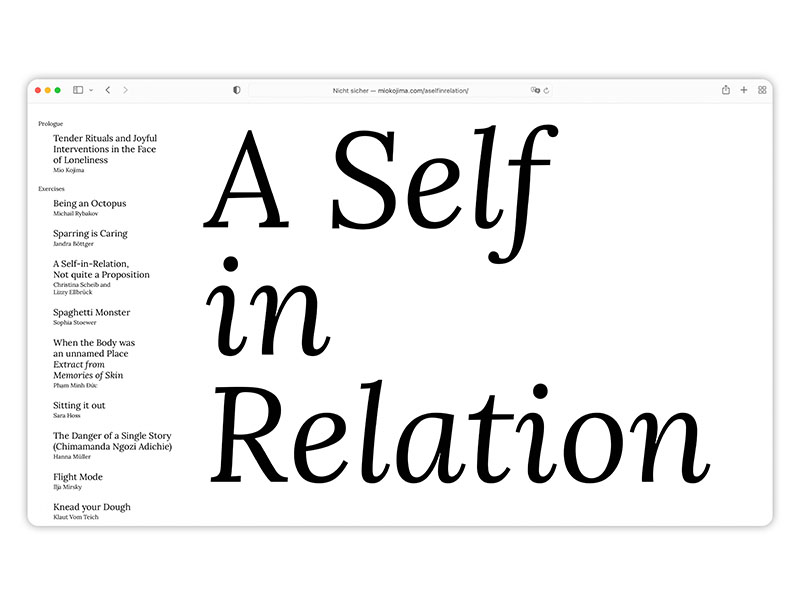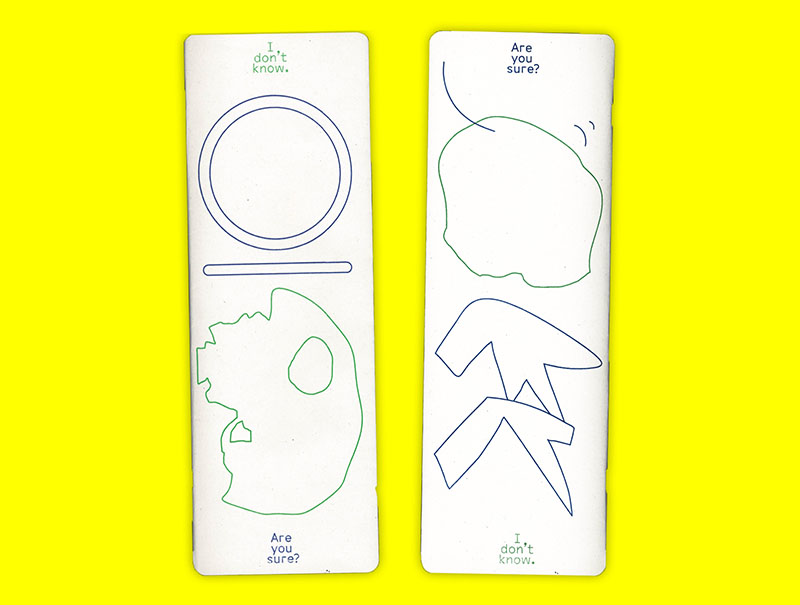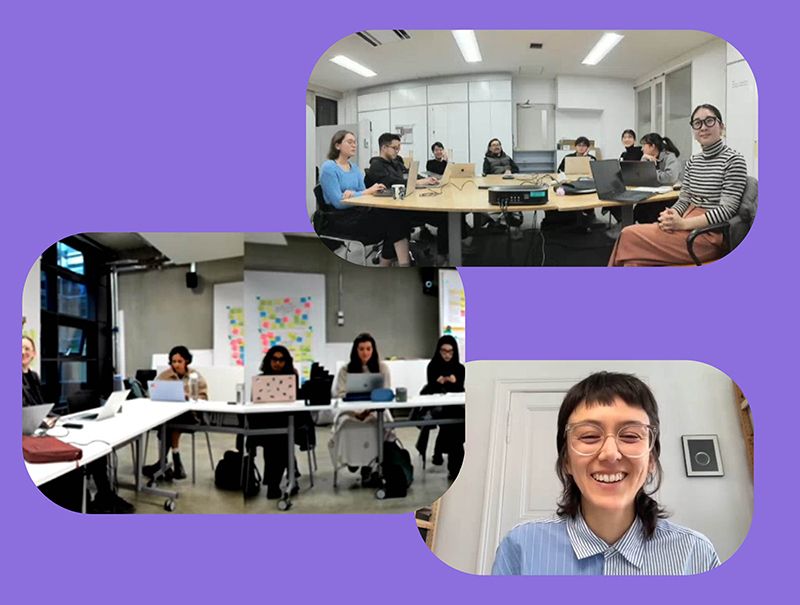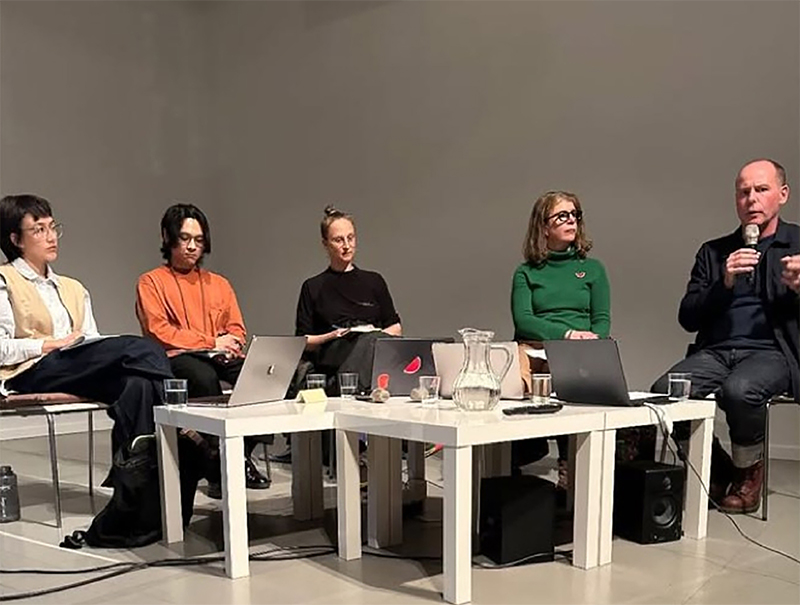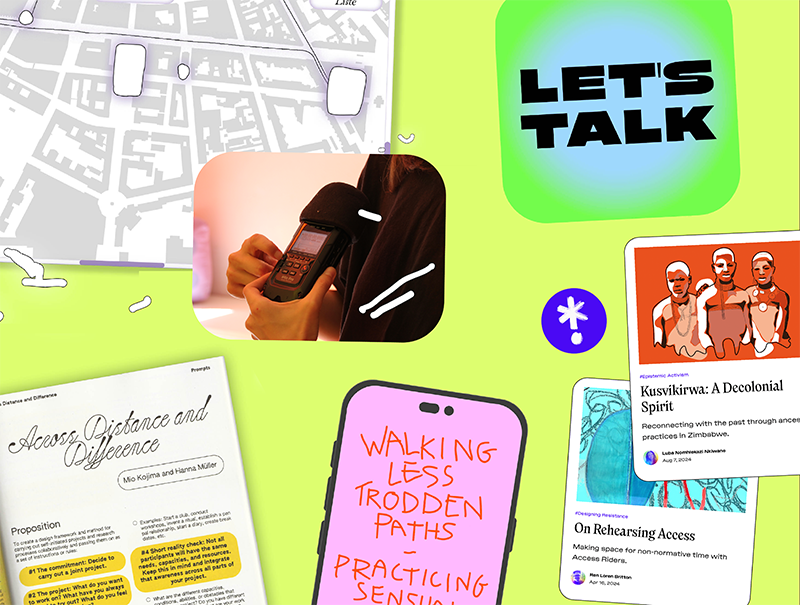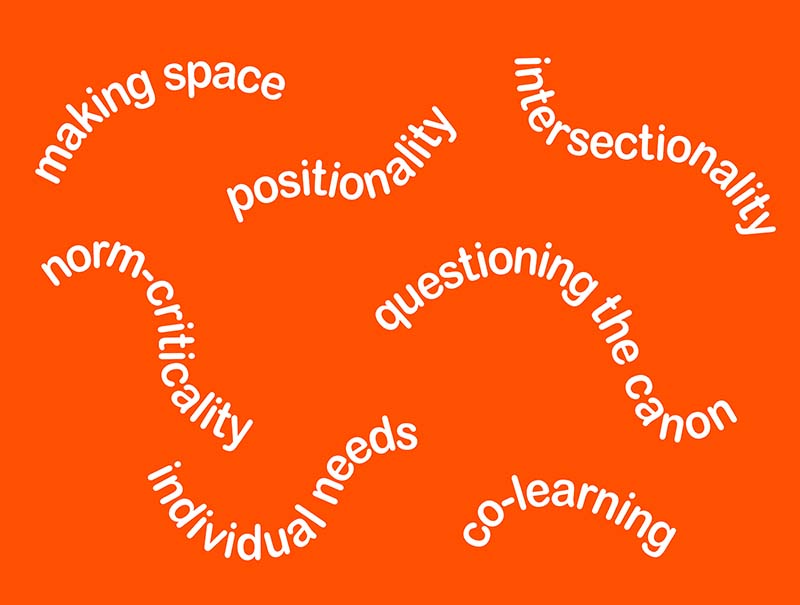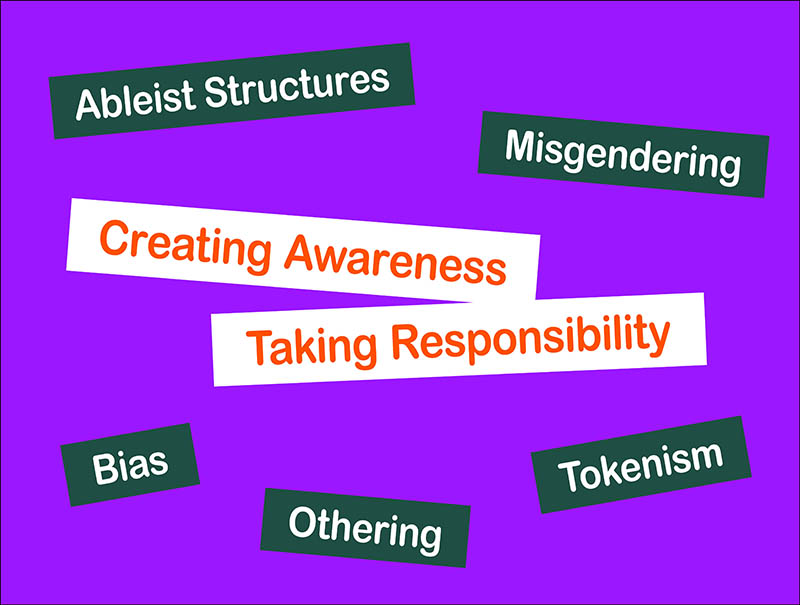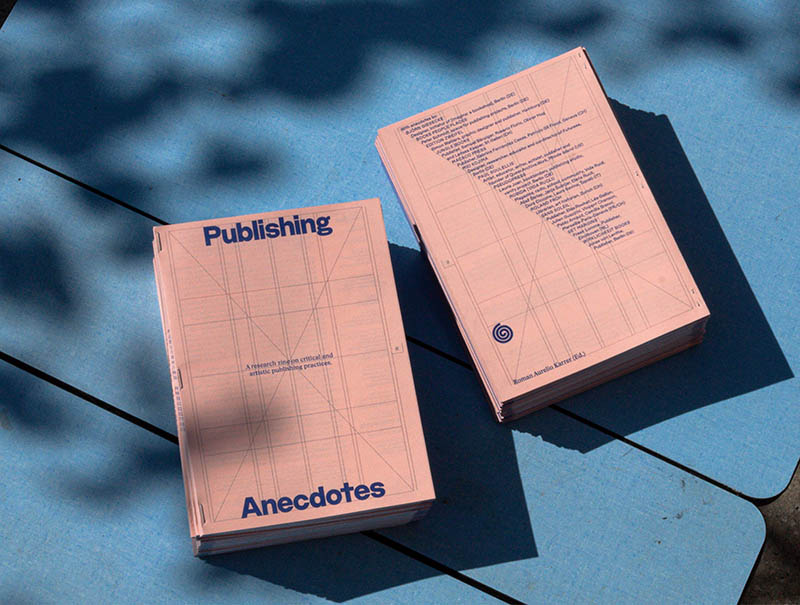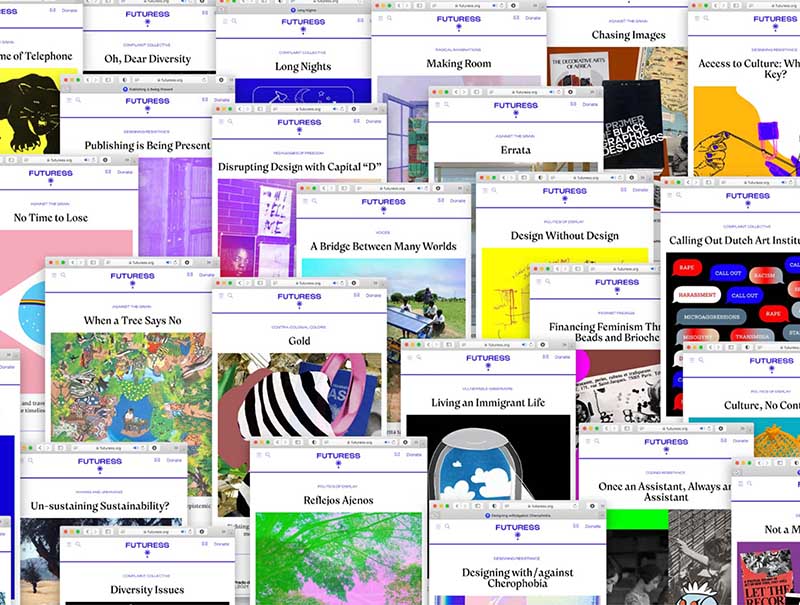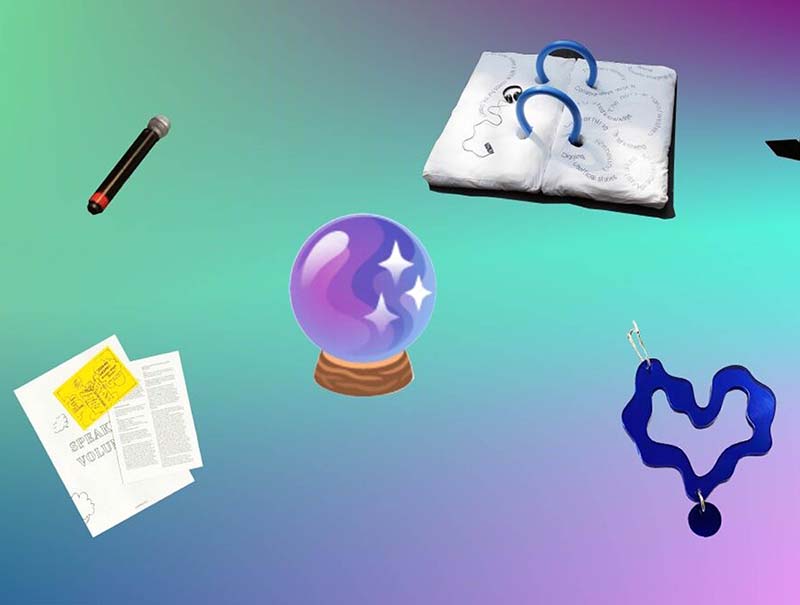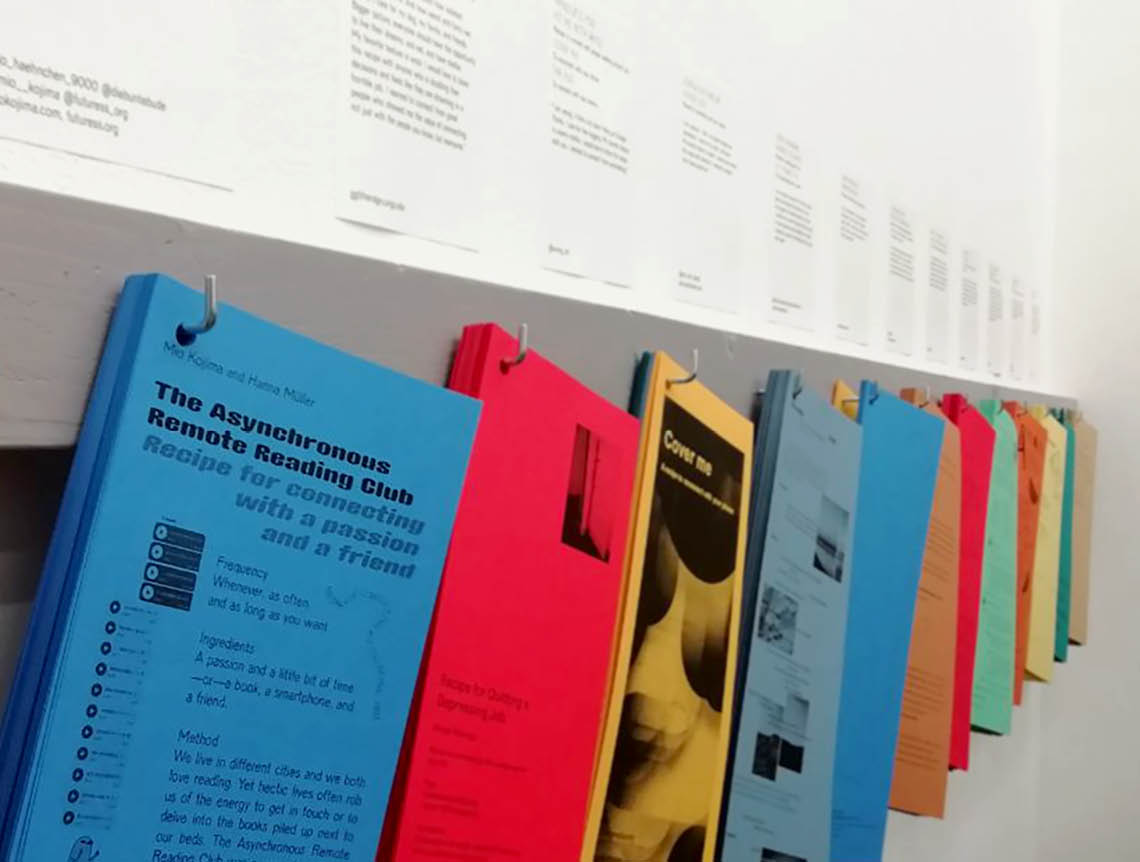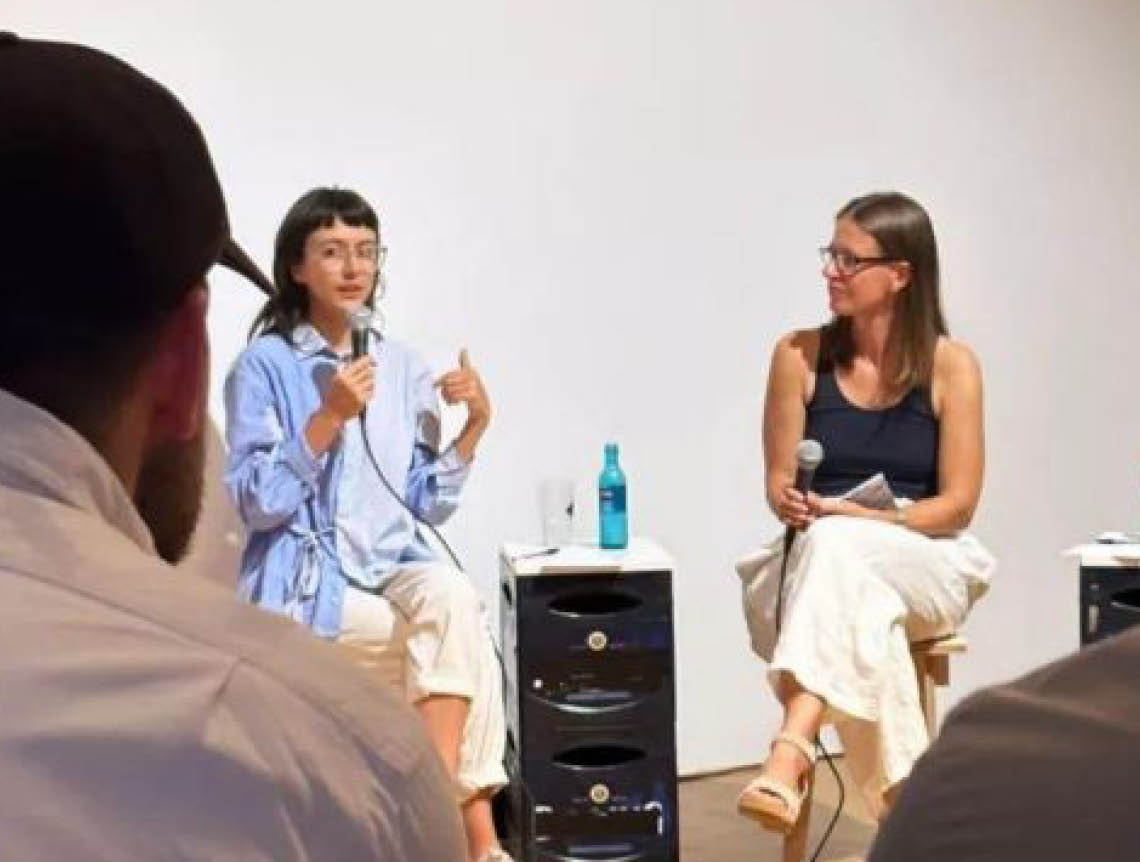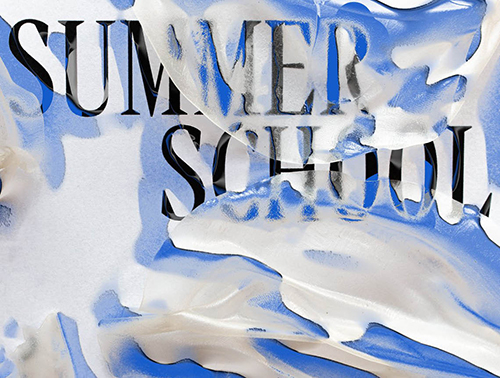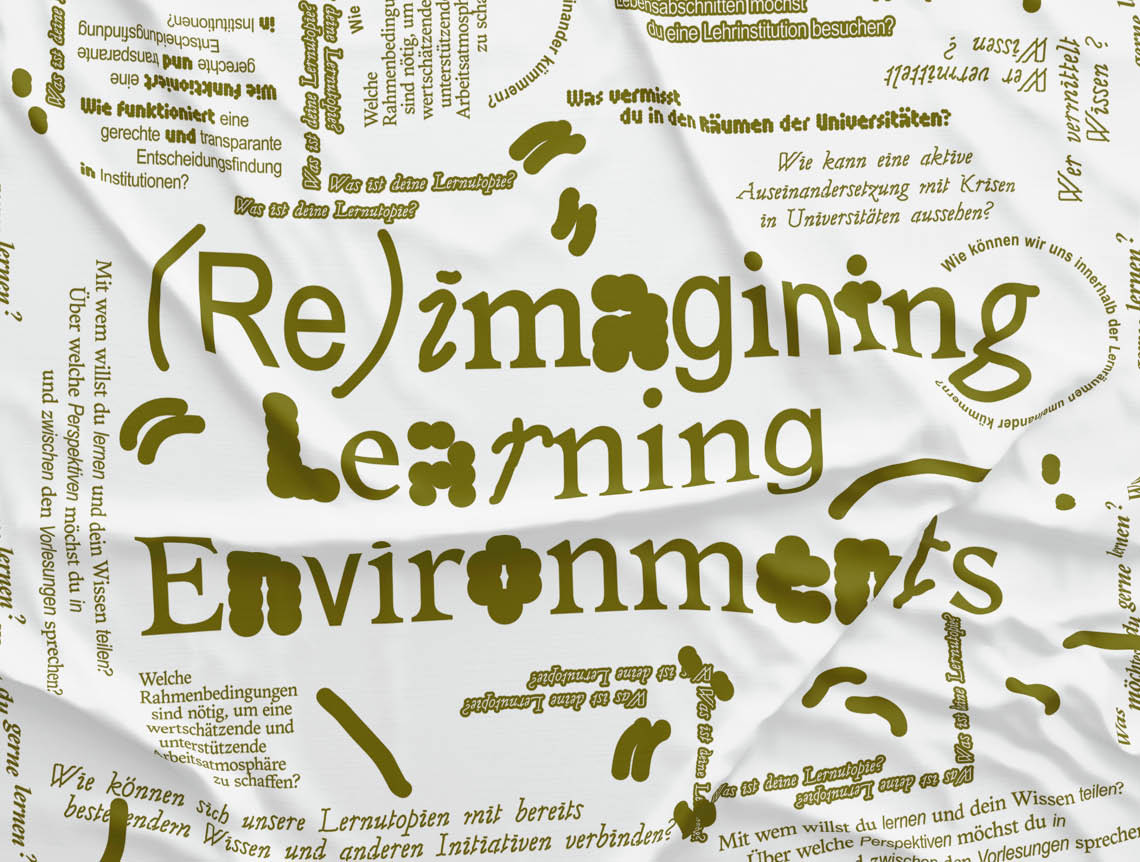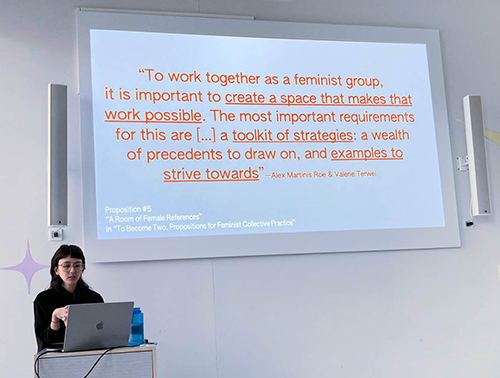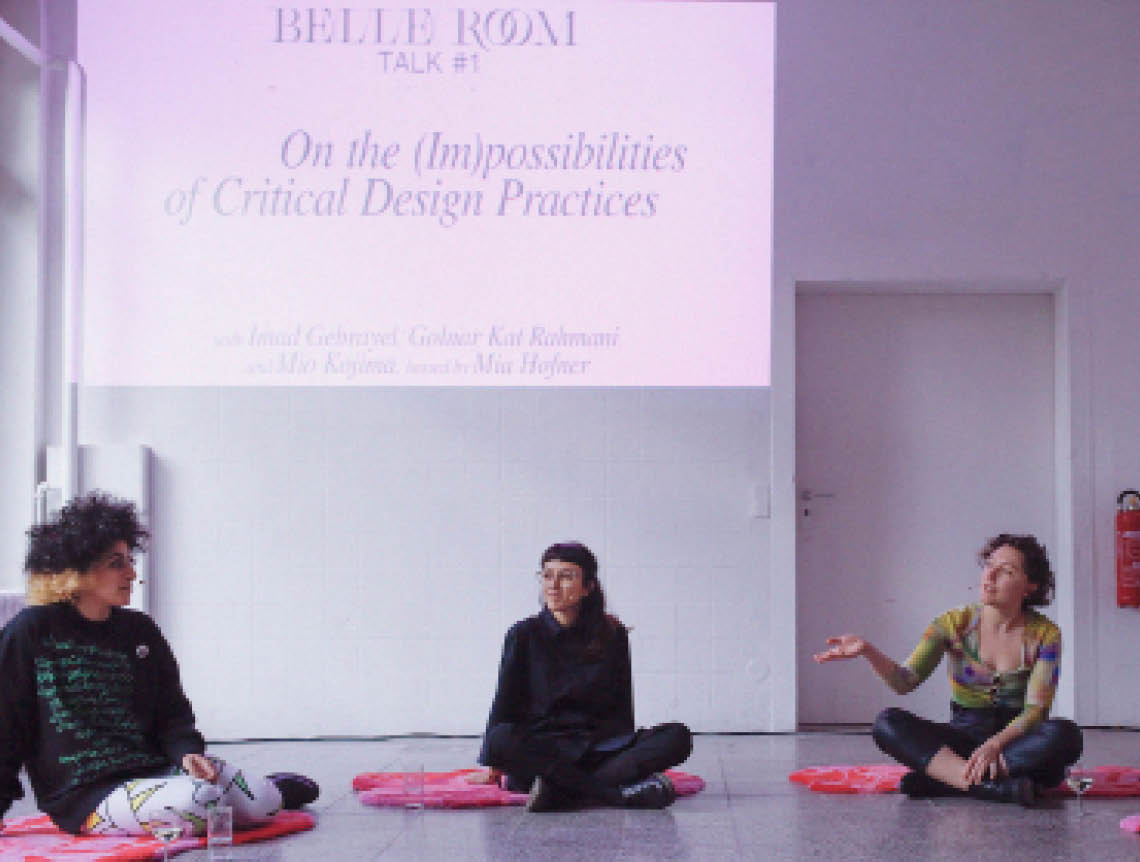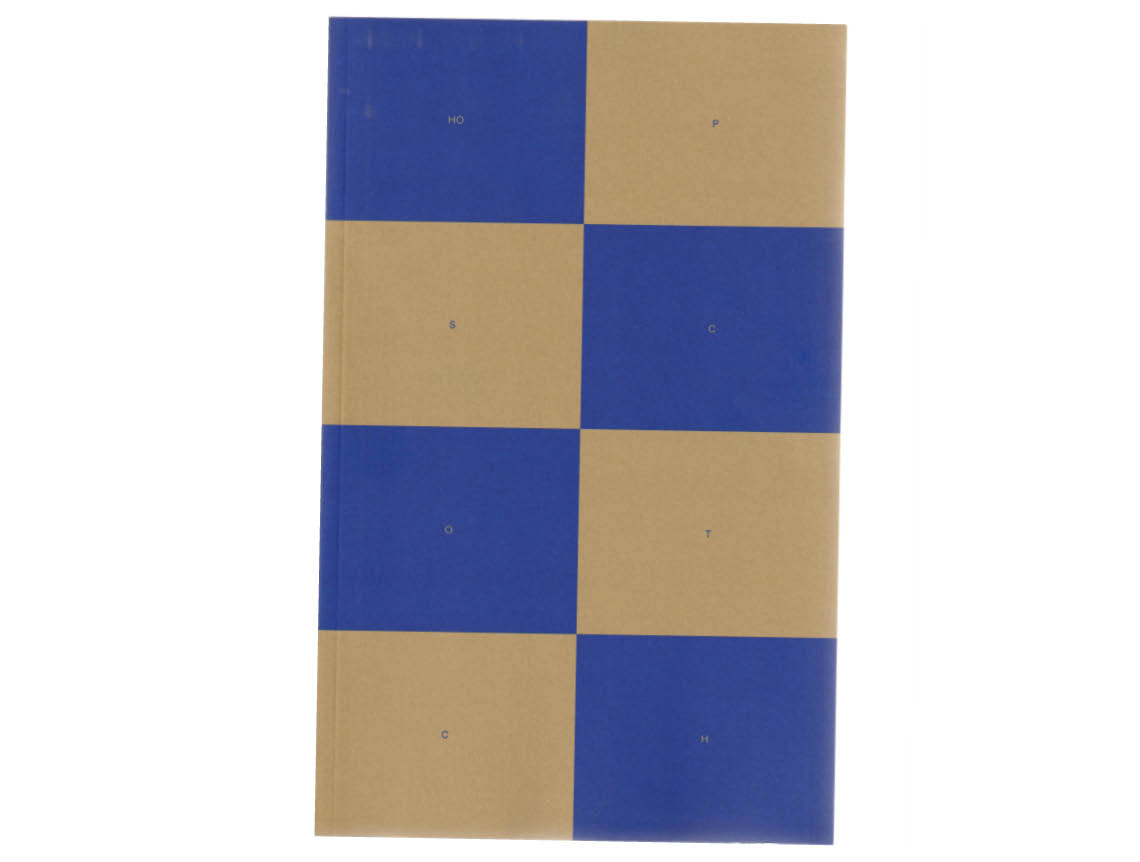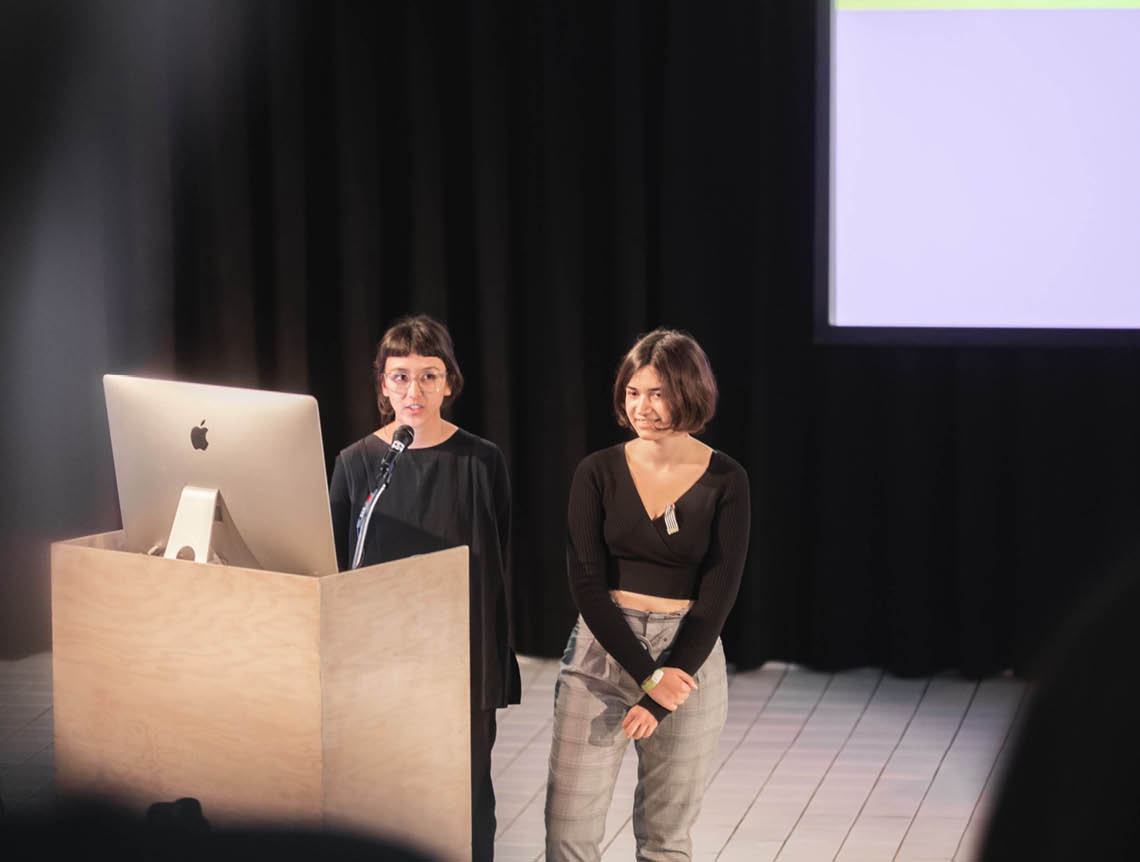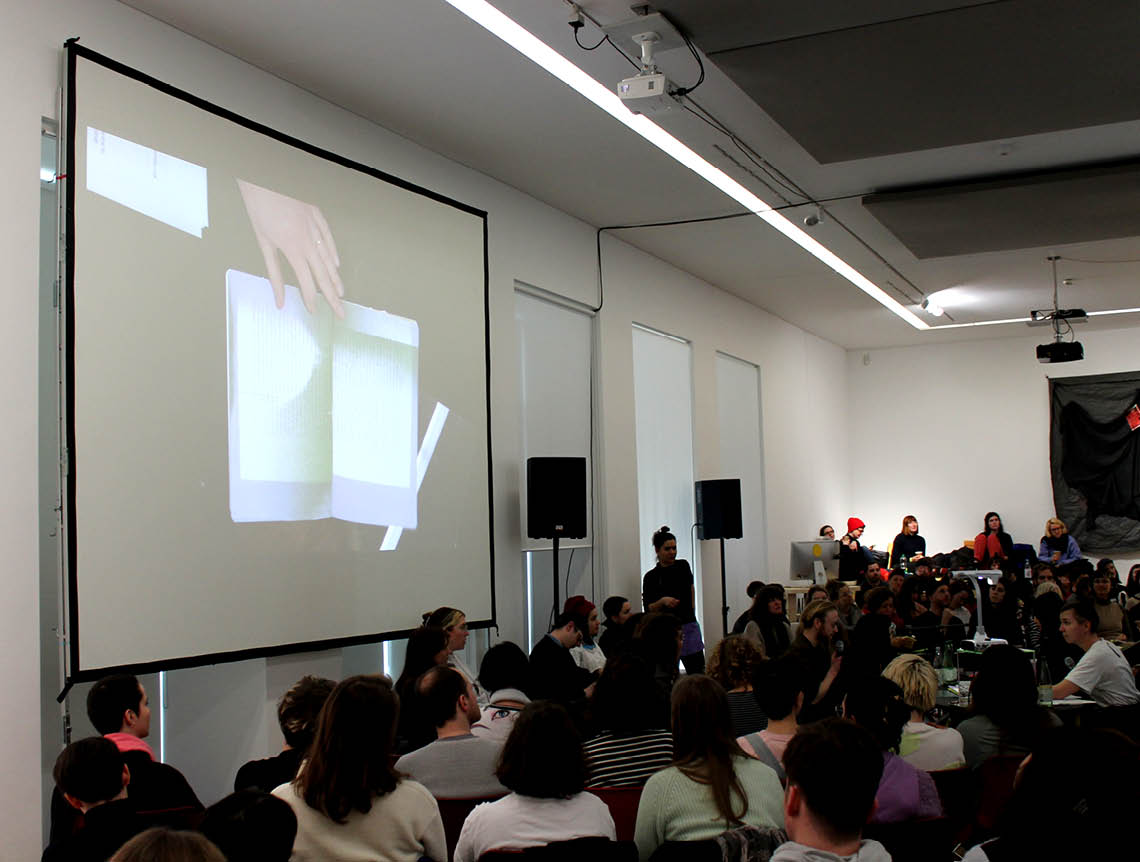Gelegenheiten e.V. Berlin (DE)
With Eleonora Toniolo and Mujgan Abdulzade
Mar 8, 2025
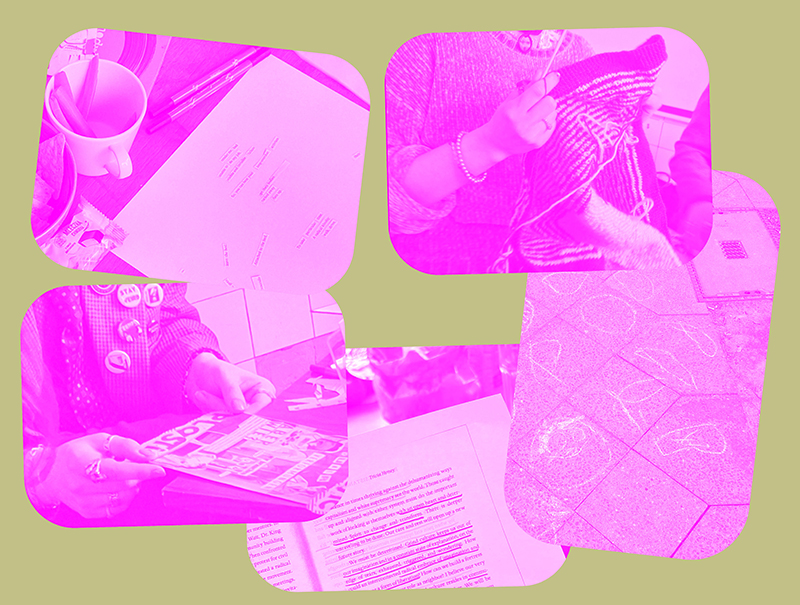
Taking intersectional struggles to the street is important, and while this form of collective organizing has great power, it is not accessible to everyone. Moving through the streets for a long time, being within a mass of people, loud sounds and other sensory input, lack of childcare—many reasons can prevent one from being part of bigger events on March 8.
Within the special M8 version of Slits in the Monolith, we gave space for a more intimate gathering and other forms of connecting beyond or after the demo.
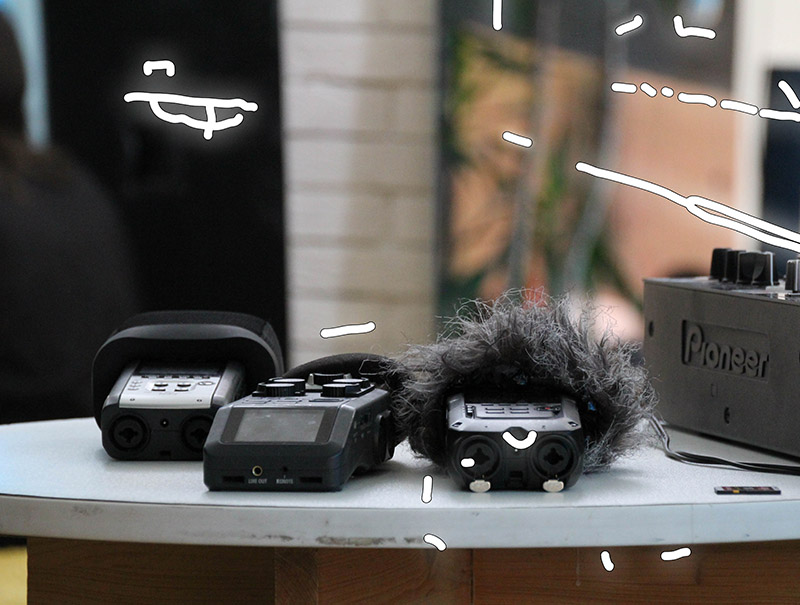
In “SHHH – ZZZZ – BRRR” we listened to the sounds that surround us and searched for the stories they tell. Which sounds do we hear first? What surprises us? Which sounds are so quiet or commonplace that we almost miss them? What sounds do we make while moving through the city? Do they remind us of other places? And how does the act of recording change our listening?
Together, we explored Kronenplatz using different recording devices to capture urban sounds.
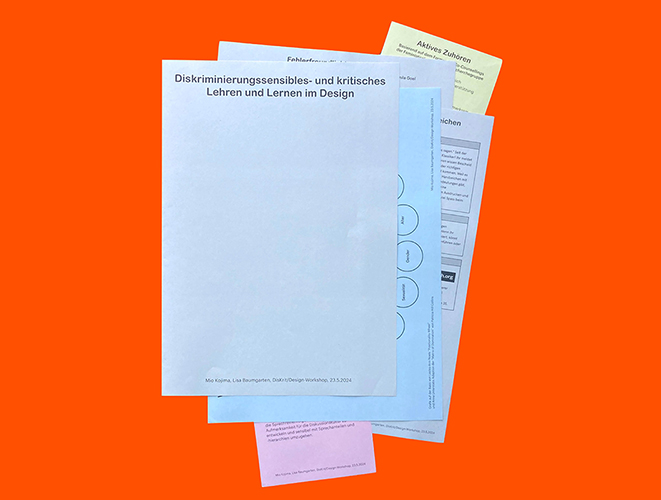
This workshop discusses discriminatory structures in design education and gives space to collectively reflect on frequently occurring issues, barriers, and insecurities.
Acknowledging the peculiarities of design schools, it addresses topics such as the special relationships between teachers and students and the specific learning climate, e.g. in relation to performance pressure, networking, and visibility.
With a focus on establishing collegial support structures, the workshop aims to plant first seeds of sustainable approaches for designing discrimination-sensitive teaching/learning spaces in design.
Are you interested in this workshop? ➞ Write to us to know more!
Berlin International University of Applied Sciences (DE)
with Barbora Demovič and Mujgan Abdulzade
April – June 2024
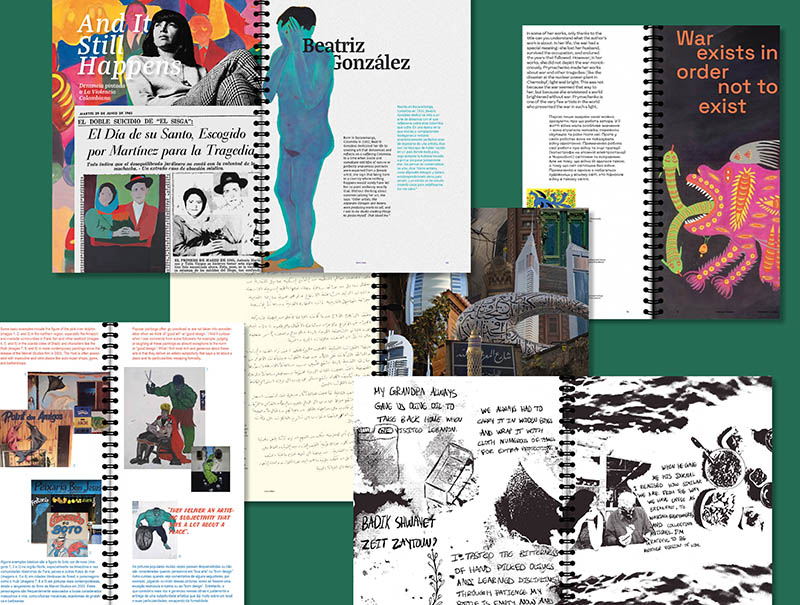
What is considered “good design”? Who decides? And why? Ideas about “good design” are often determined by written history, “iconic” designers, schools, and rule makers—usually represented by a privileged few. This affects our aesthetic preferences and perception of our own work—its quality and relevance.
This seminar looks beyond the concept of “good design” and engages with visual practices that break the rules and offer diverse perspectives on the hierarchical distinctions between craft and design, as well as on gender, race/ethnicity, class, ableism, and other subjects susceptible to discrimination. Over the course of 10 weeks, the seminar reflected on how these practices challenge norms and, in turn, how norms challenge them.

Walking Less Trodden Paths—Practicing Sensual Worlds is a collection of narratives, interventions, prompts, and exercises to practice multifold ways of relating to our environment, fellow living beings, and our own bodyminds, to change perspective, listen closely, and move intentionally. Centering curiosity and exploring sensuality, they are meant to deepen our attention and create space for a togetherness that counters logics of productivity, consumption, and functionalism.
Partly departing from graduation projects, these texts have been shown first within the Open House at the Basel Academy of Art and Design, Switzerland, in January 2024.
The project’s website is mobile-only to allow movement and attention for our surrounding. To visit the website, please use your mobile device and start exploring.
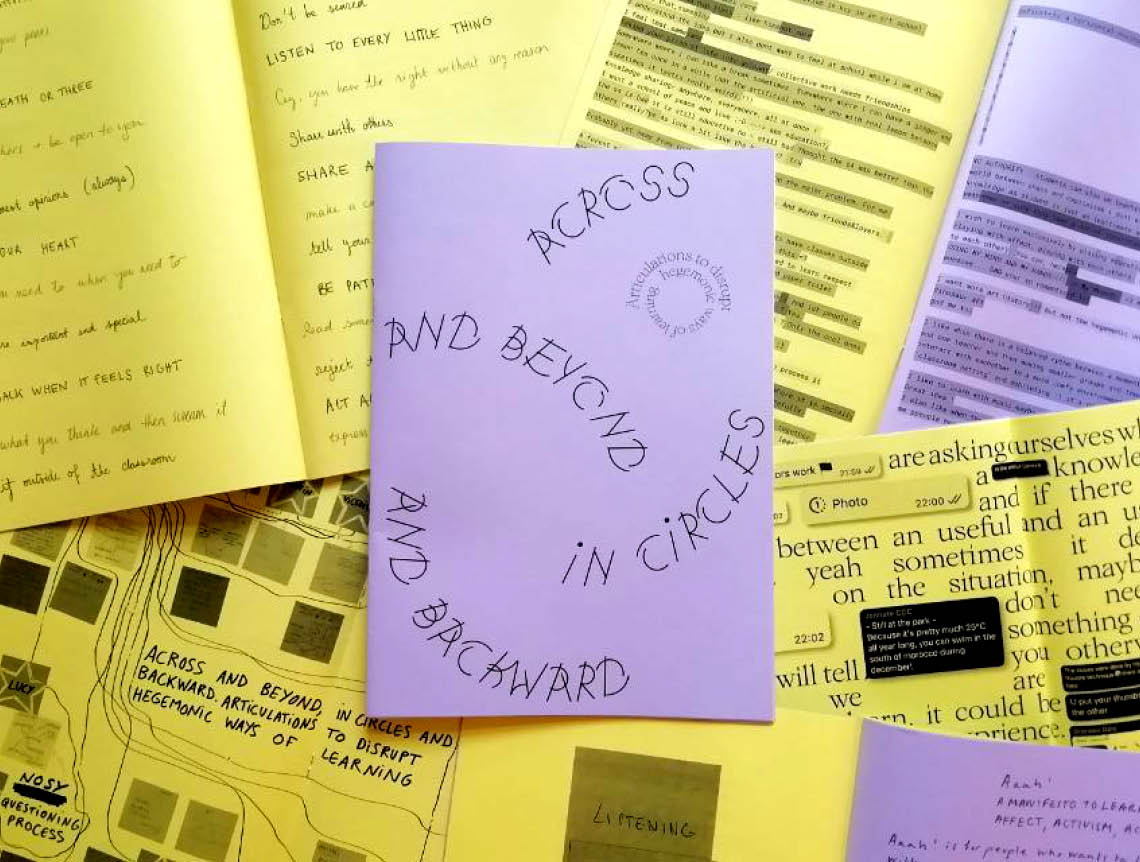
From October 31 to November 2, 2023, a group of 15 students from HEAD Geneva critically examined capitalistic, neoliberal, extractivist, and exclusive structures manifested in hegemonic ways of learning, researching, and working together.
Aimed at disrupting the status quo and moving towards the practices of exchange and learning they yearn for, Alexandra, Célia, Elisa, Geneva, Grandee, Matylda, Maxime, Jennate, Lora, Loréleï, Lucy, Paul, Simon, Quentin, and Victoire came up with small collaborative exercises.
Instead of quick fixes and rigid formats, these propositions are rather meant as articulations to be questioned, rephrased, and further developed.
A free pdf with the propositions can be downloaded here.
Cover design by Jennate Laamyem.
a network of relations through letter-writing
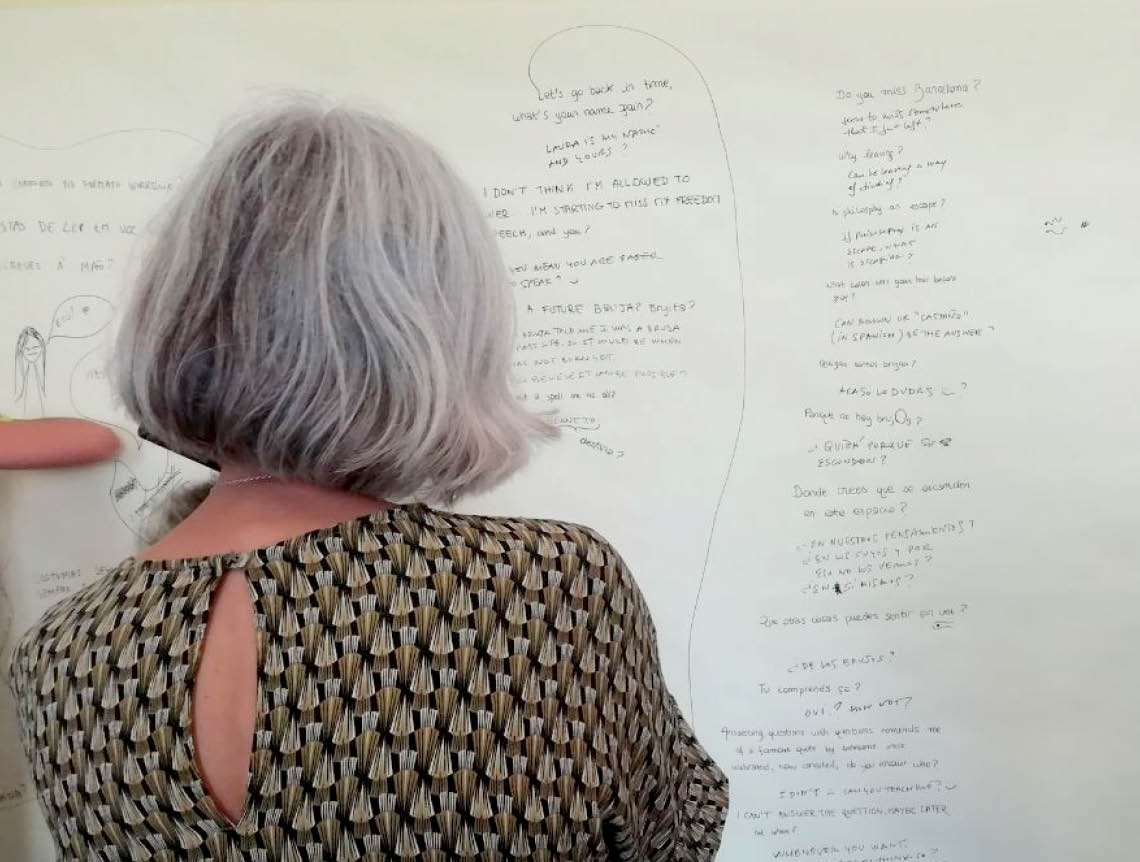
Writing oneself into the world, blurring boundaries between the self and the other, reaching into the future and the past—the circular, messy creation of collectivity. In this workshop, we’ll tap into the feminist tradition of letter-writing as a way of self-expression through relations. What kind of temporal and spatial webs can it create? What relationships do we conjure up when we address someone? What can a response look like? In a row of small letter-writing exercises, we’ll experiment with its format and embrace its intimacies.
With Eleonora Toniolo, Mujgan Abdulzade and Neige Sanchez
in collaboration with Air Berlin Alexanderplatz
- Gelegenheiten e.V. (DE), Jan 29,2023
- diffrakt | zentrum für theoretische peripherie (DE), Feb 19, 2023
- Hopscotch Reading Room (DE), Feb 26, 2023
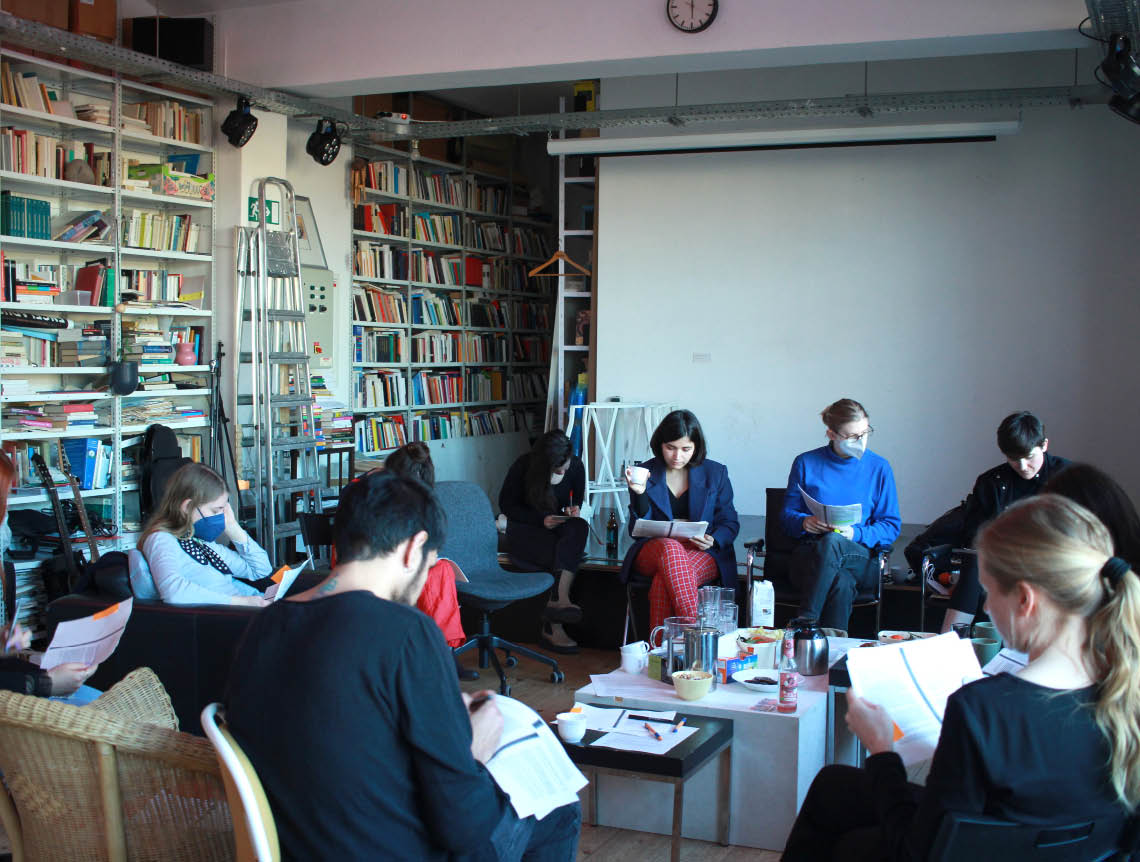
In three sessions, the reading group explores the friction between visibility and appropriation by reading and discussing together critical texts about art, cultural and design institutions. The sessions examine how to shift an exploitative act of “looking at” into an intentional practice of “looking with and alongside one another” and ask how to articulate critical thinking within cultural institutions from counter-hegemonic perspectives.
With Paula Erstmann and Yann Colonna
Funded through Berlin Mondiale
Platz Ohne Name, Berlin-Marzahn (DE)
Jan – Feb 2023
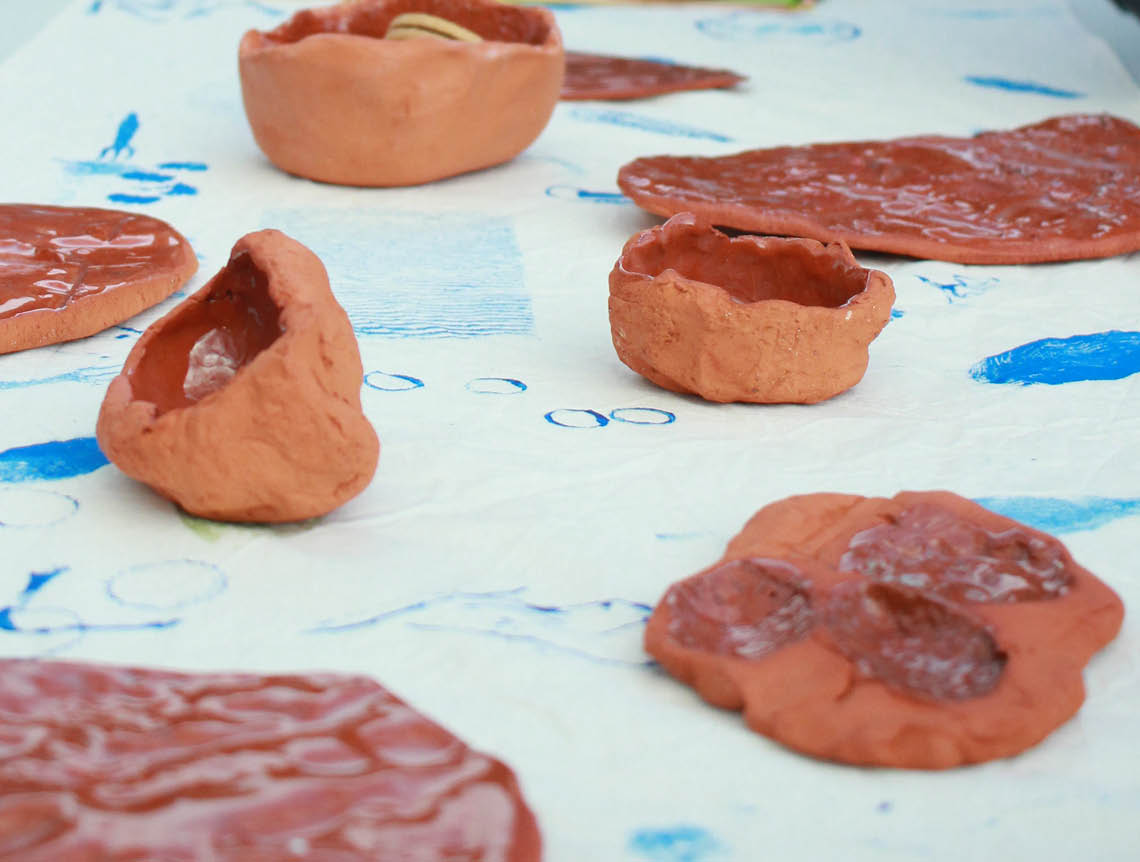
What marks do we leave in our surroundings, and what imprints do the surroundings leave in us? By molding and tracing objects from the area onto textile and clay, the space was made tangible with other senses. Transferring its patterns into functional objects, the participants created textiles and plates for a communal dinner at a final event.
With Paula Erstmann and Yann Colonna
Rathausblock Berlin-Kreuzberg (DE)
Oct 2022
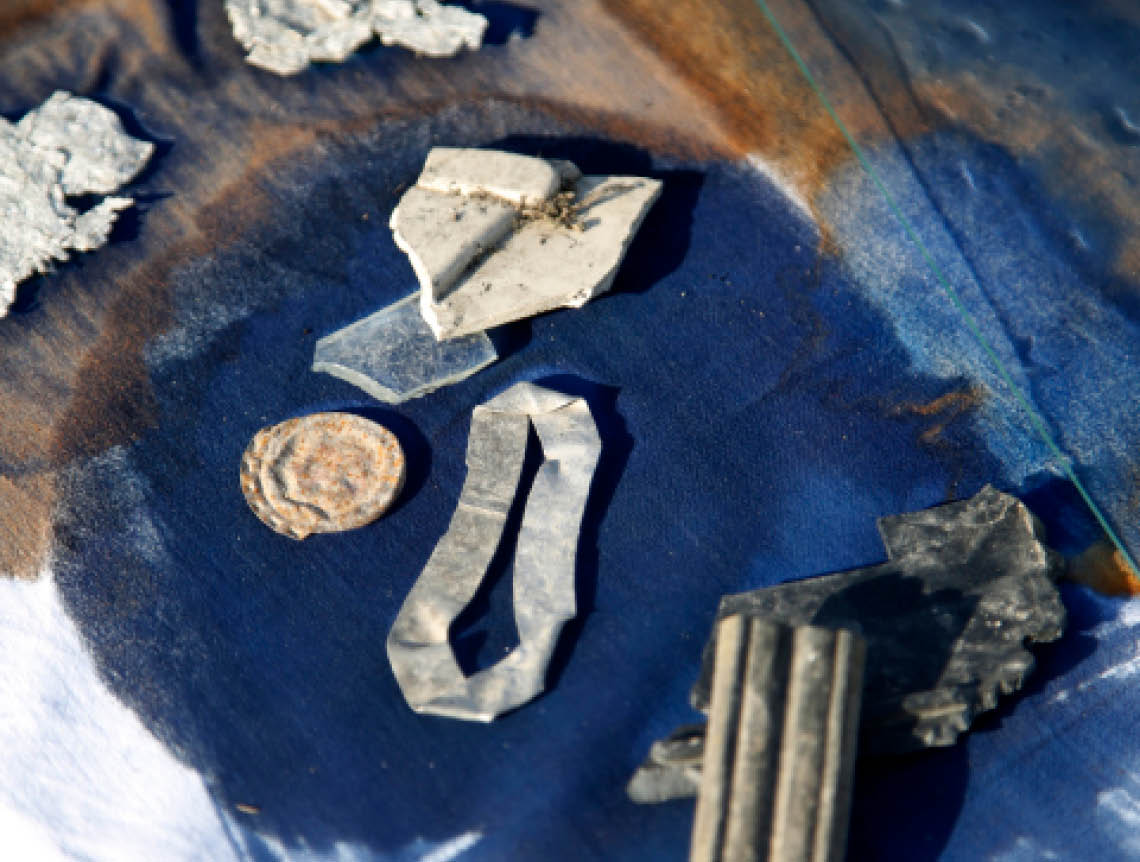
The Rathausblock in Kreuzberg is currently in a phase of transition. After community-based initiatives campaigned against the sale of the area to investors, the Rathausblock is in the midst of a cooperative urban development process. In this period of change, we ask ourselves: how do we want to remember this area, and how can we witness the transformation? How can we capture the processual? In Mapping Rathausblock, tracing the area’s surfaces and structures, the act of transformation and translation becomes a performative act of remembrance and witnessing.
Aug – Nov 2022
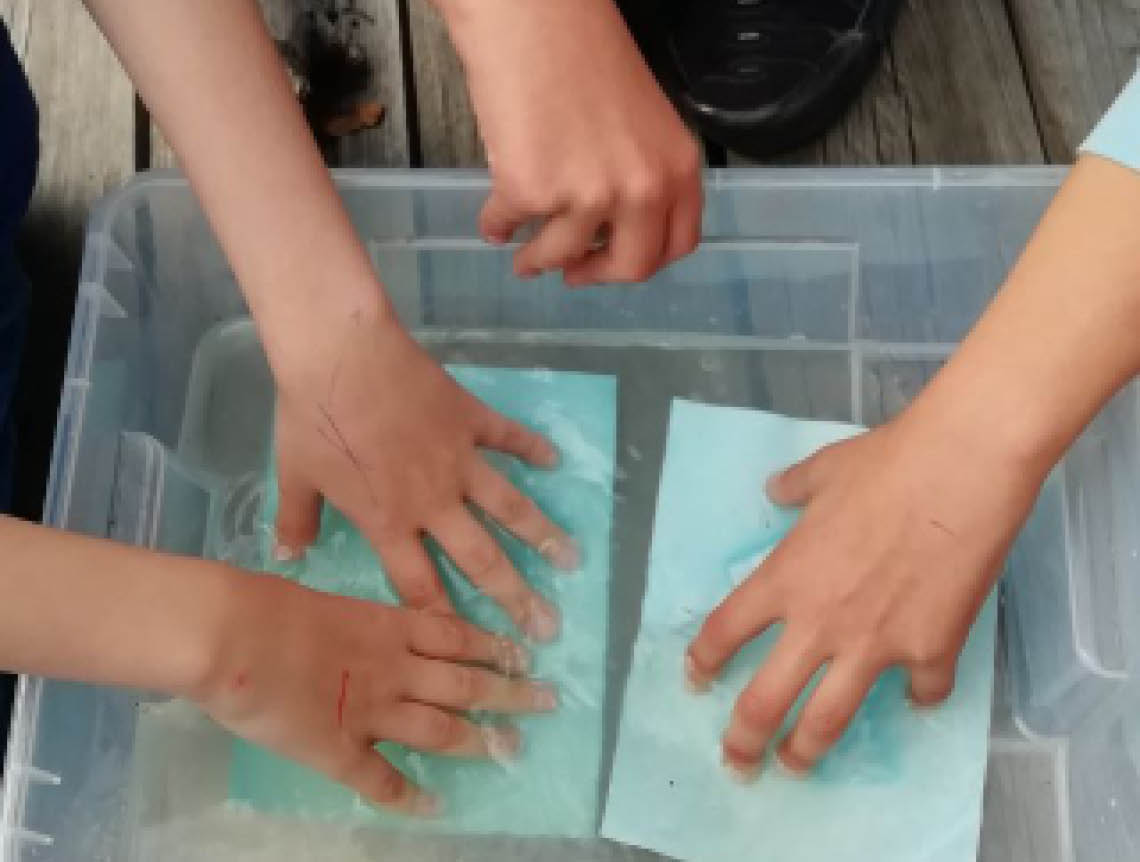
What places are in the neighborhood, and how can they be told about? How do they smell? What do we hear? And which people do we meet? From cyanotype to comics and short stories, the course approached different places and their peculiarities.
With Hanna Müller
Karlsruhe University of Arts and Design (DE)
Organized by the Community Toolkit initiative
Apr 2021
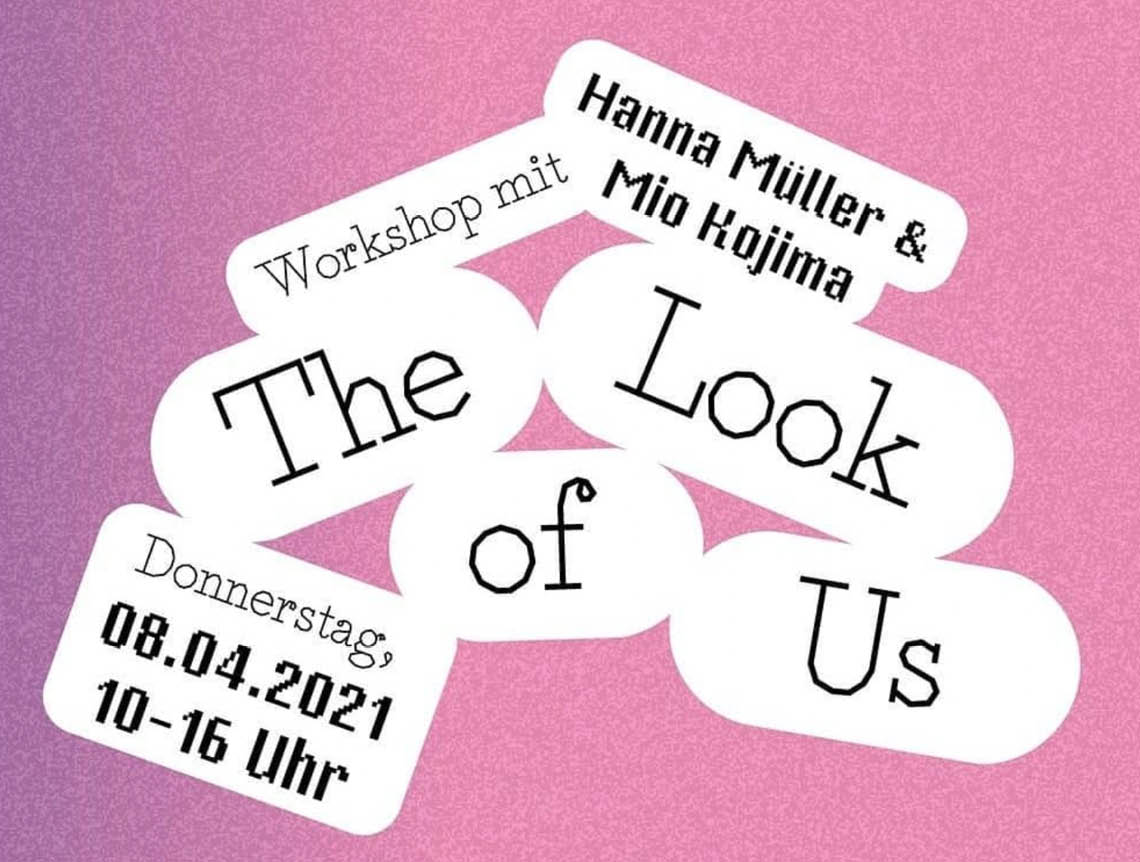
How can we express and externalize our opinions and personalities playfully, encoded or directly, loudly or timidly?
How can we reflect on ourselves, position ourselves and let others participate in this process?
How can we stand up for values, embrace our weaknesses, and allow for dreaming?
The Look Of Us is a framework for finding one's voice through the process of designing.
